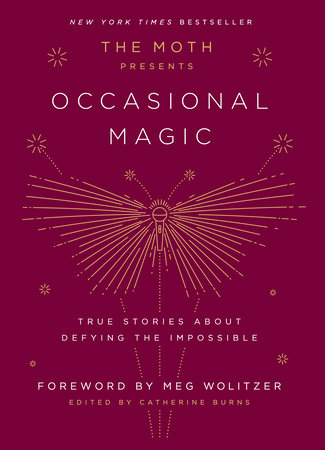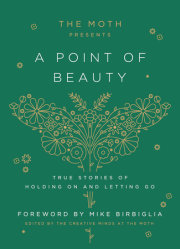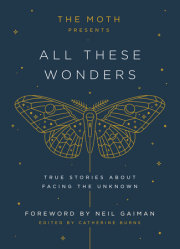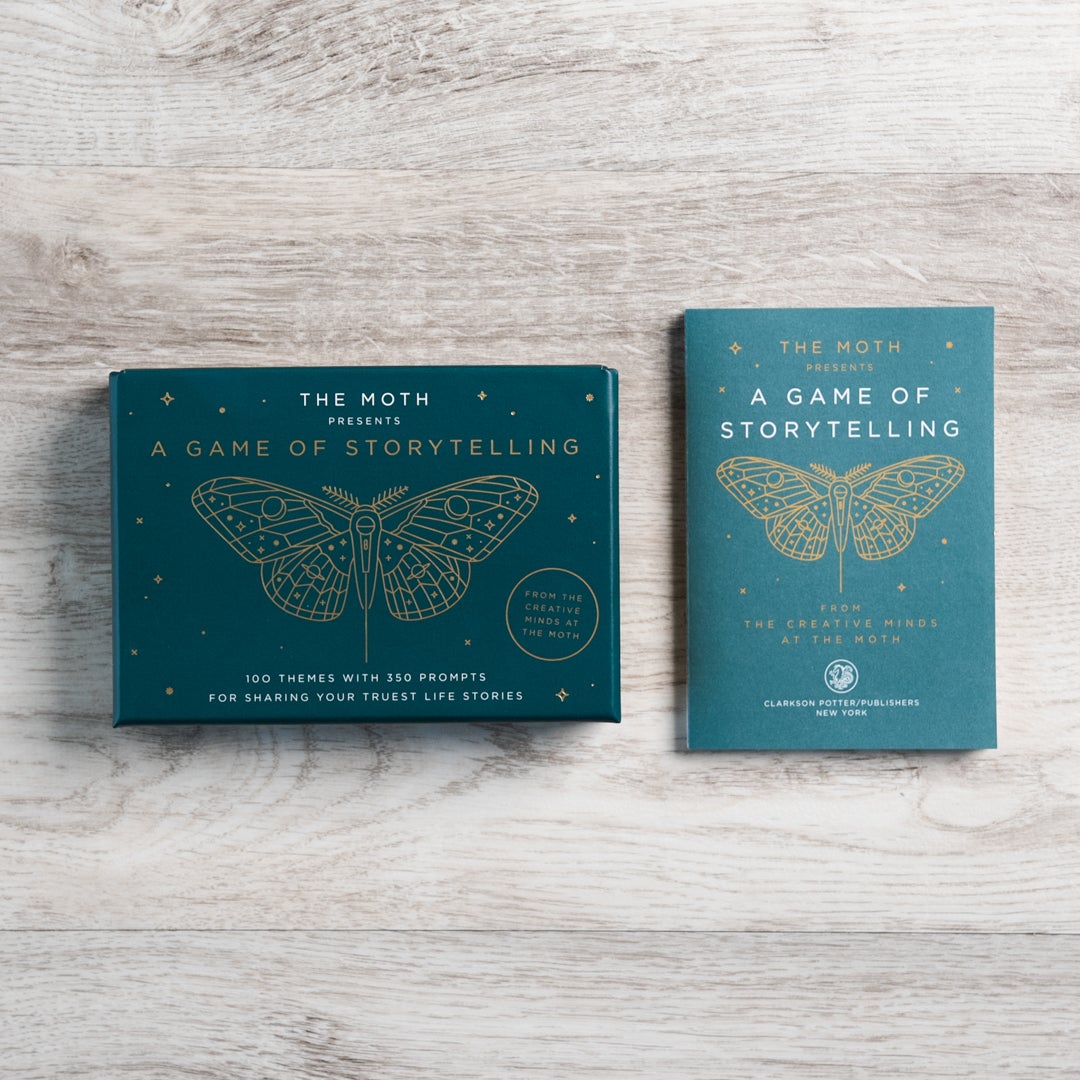Phyllis Marie Bowdwin
Quiet Fire
It was 1979, and it was summer in New York City. I was interviewing for a promotion from secretary to coordinator of daytime casting at ABC. I was thrilled. I put on a beautiful new blouse and matching skirt and two-inch heels.
I was ready.
But there were some who felt that I wasn’t tough enough to manage a job like that. And somewhere deep inside there was a small part of me that suspected they might be right.
I actually had one friend, a colleague at the office, blurt out, “Phyllis, you’re just too nice.”
I said, “Thank you.”
I was supposed to meet a friend across the street for lunch before my interview. When I got across the street, there was this horde of people filling up the sidewalk. They formed a human oval three people deep.
I didn’t know what was going on, but I needed to get into the building. So I found a gap and I worked my way through, got into the opening, and was about to climb the stairs to go in when someone came up behind me and pinned my arms to my sides and prevented me from moving. I looked over both shoulders to try to figure out who it was, but I couldn’t see anything, so I struggled, and the more I struggled, the tighter the grip became on my body.
When I looked out, I saw a sea of faces, and I was searching them for some clue about what was wrong, who was holding me, what was going on, but they were just eating their lunches, chewing, and watching me.
Suddenly the pressure eased, and a set of rough hands groped my entire body and then gave me a sharp push in my lower back. I stumbled forward, almost falling, but I regained my balance and whirled around and found a six-foot mime leering at me.
He was in full dress, with the beret, the striped shirt, the suspenders, the black pants, and the black sneakers, and he was dancing and bobbing and weaving around this human oval. He bent over, and he started to show me his behind, and he beckoned to me: Come and hit me. That’s what he was indicating.
So I obliged.
I wrapped the strap of my bag around my hand, and I swung at him. The minute the bag was about to make contact, he sprang away and moved to another side of the oval.
Then he did it again: beckoned, pointed, beckoned.
I went after him this time in such earnest, and I swung my bag so hard that when he dodged (and he did dodge), I was pulled forward by the momentum and stumbled, and the crowd began to laugh.
I was so embarrassed. So when he invited me a third time, common sense prevailed. I was in a straight skirt with heels on, and he was bouncing around like a ball. I was outmatched.
I said, “You got it.”
I turned around and proceeded to go up the stairs when he rushed up, squeezed my behind, and then darted to safety in another part of the oval.
People laughed. I stood there so humiliated that waves of rage began to run through my body. But I finally got myself together, went up the stairs, went into the building, and went to the cafeteria, where they were serving my favorite dish, turkey Tetrazzini.
But I couldn’t eat.
I sat down at that table feeling so dejected about what had just happened. I had been blindsided, bullied, and blatantly violated by a strange man in front of a group of strangers in the street.
I said to myself, They must be giving him really big tips for him to do such a thing to me. I couldn’t defend myself. I couldn’t protect myself in any way. So I just sat there feeling powerless.
Then I remembered something that I had dropped in my purse about four months ago. I had bought it in the 99-Cent Store as a joke. So I started digging down in the bag. And when my fingers made contact with that cold canister, I figured I had some options after all.
I pulled it out, wrapped a paper napkin around it, said, “Got to go,” and I turned around and rushed outside to see if he was still there.
Of course he was. And by now the human oval had grown to five people deep. He had lots more audience.
As I looked at him, another woman cut in, a beautiful blond woman with a flared red dress on. She came through the crowd just as I had, and she was about to climb those stairs when this man got down on the ground and insinuated himself between her legs and stood up.
I was astounded. He basically had her mounted on his lower back like a rider on a horse. He grabbed her legs and proceeded to gallop around the oval. And the poor woman’s arms were flailing as she was trying to hold on to her purse and keep from falling backwards. He let her down and promptly lifted her dress up over her head and held it there to the hoots and whistles from the crowd. When he finally let her go, the woman staggered into the building and disappeared.
I was saying to myself, Is this New York City in 1979, or am I in the Twilight Zone? How could this happen here in the city, in broad daylight? Where are the police?
And just as I thought that, an elderly gentleman--tall, handsome, salt-and-pepper gray, maybe about eighty-five--stepped out from the oval, and he approached the mime with an elderly woman in tow. She was holding on to his jacket, and she was peering out at the mime and cringing, peering out and cringing.
And I thought, I wonder what he did to that old woman. Sure enough, the man walked up to the mime, and he was shaking his finger in the mime’s face and chastising him.
The mime feigned innocence. He threw his hands up in the air, and he put on that sad face, and he mimed crying.
Somebody from the crowd yelled, “Boo, BOO! Leave the mime alone!”
And the crowd picked up the chant: “BOO, BOO! Leave the mime alone!” The man looked up, startled, into the hostile eyes of the wolf pack consisting of executives, messengers, and clerks.
There was a UPS driver there, a postal worker, men of all ages, all races, out there enjoying the show. The man shook his head and gently took the woman by her hand and led her out of the crowd.
By then I was beginning to understand that this was a show, this was theater in the round, and any woman who made the mistake of stepping through that crowd became a player, whether she liked it or not. That woman, any woman, became the catch of the day on the mime’s lunchtime menu for entertaining his patrons.
So when he started looking around for a new player, I stepped back into the arena, and I waited for him to see me. Sure enough, he saw me out of the corner of his eye, and he started coming toward me.
When he got a little closer, his eyes narrowed, and I couldn’t tell whether it was because he remembered me from our past encounter or whether he was trying to figure out how he was going to launch a frontal attack, because every time he did something, he always attacked from behind.
I didn’t wait. When he got two feet closer, I said, “Hi. Remember me?”
And I smiled.
And lifted my can of pepper spray.
And I sprayed him in his face.
His eyes got wide, and he reached for my throat, and I stepped backwards, and I sprayed him again and again.
I sprayed him like a roach.
He began coughing, and sneezing, and wheezing, and staggering about, because now he couldn’t see, and he started heading towards the street.
His loyal supporters parted, and they let him go. He landed on the hood of a parked car, coughing, sneezing, wheezing. But while I was enjoying watching him, someone karate-chopped my right hand, and I dropped my canister.
And I turned around, and it was another mime, only this one was twice the size of the first one, and this hulking Goliath of a man was glowering at me and looked like he wanted to kill me.
We both heard the canister rolling slowly but noisily down the sidewalk, and he lumbered toward it. I turned around, and I started rushing toward it, and the two of us scrambled to get to that canister, but I got there first. And I grabbed it, and I scooped it up, and I looked at him. He came at me, and I stepped back, and I took a wide stance, and I got all the way down on the ground, and I started rocking back and forth on my heels, and said:
Copyright © 2019 by Catherine Burns. All rights reserved. No part of this excerpt may be reproduced or reprinted without permission in writing from the publisher.










